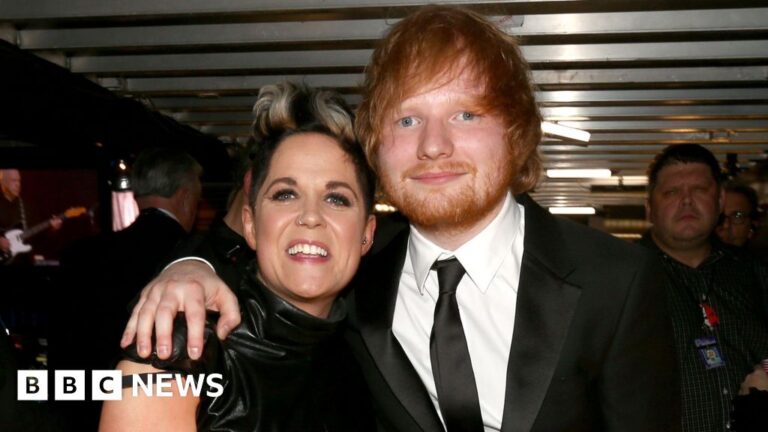Who exactly is in charge here?
Is it the strutting general or his self-effacing ensign? The man celebrated for his “free and open nature” or the sociopath who keeps stockpiling secrets?
That question has been occupying the minds of theatergoers and readers since Shakespeare’s “Othello” was first performed in London in the early 17th century. And it is doubtless being puzzled over by audiences at the star-charged Broadway revival of this tragedy of homicidal jealousy, with Denzel Washington in the title role of the noble Moorish warrior and Jake Gyllenhaal as Iago, his eminently credible, equally duplicitous aide-de-camp.
On the most basic level, the answer is obvious. (For those unfamiliar with “Othello,” serious spoilers follow.) It’s the resentment-riddled Iago, the ultimate disgruntled employee, who takes command of his commander, and pretty much everyone in his orbit, in coldblooded pursuit of revenge. It’s Iago who gives the orders to his boss, while making his boss believe otherwise. And it’s Iago who’s still alive at the end.
But in another sense, the contest has never been that easy to call. Put it this way: After you’ve seen it, who is it who dominates your thoughts? Which character’s point of view wound up ruling the night? In other words, who owned the production?
Othello may have the glamour, the grand poetic speeches and a death scene for the ages. But there is a reason that Laurence Olivier, who would play the part blackface to divisive effect in the early 1960s, would worry about having “the stage stolen from me by some young and brilliant Iago.”
“Othello” is Shakespeare’s only major work in which the hero and antihero are given equal weight. (If you keep score by monologues, Iago has eight of them; Othello only three.) And as the Shakespeare scholar Harold Bloom summed up the dichotomy: It is Othello’s tragedy, but it is Iago’s play.
There is another way, of course, in which “Othello” is singular in Shakespeare. Its leading man is Black, and for centuries he was almost always portrayed by white men with dark makeup. And it is as impossible now to see “Othello” without thinking of racism as it is to revisit “The Merchant of Venice” without thinking of antisemitism.
It was Paul Robeson — the titanic actor, singer and political activist — who cracked open the door for the many Black Othellos who have followed, though white classic theater stars (including Anthony Hopkins and Michael Gambon) would continue to take on the role. Robeson’s debuts in London in 1930 and on Broadway in 1943 were watersheds, by any measure, and wildly acclaimed.
Yet reflecting on his own portrayal of Othello some 50 years later, Willard White (the renowned opera singer) said, “One thing you have to remember is that he’s not a jealous Black man, he’s a jealous man.” He added: “Of course the issues in the play are partly racial, but for me they’re not the defining factor.”
It is far more than race, in fact, that defines Othello’s otherness. He inhabits an empyrean realm where emotions are absolute and belief unconditional. Small wonder he’s easy prey for someone as completely worldly as Iago. The fatal clash between the two men is that of two irreconcilable approaches to life.
In the ideal “Othello,” each of these warring worldviews seems to feed the fire of its opposite. Then a magnificent conflagration ensues. As the following list attests, such perfect chemical balances occur only rarely.
Source link




